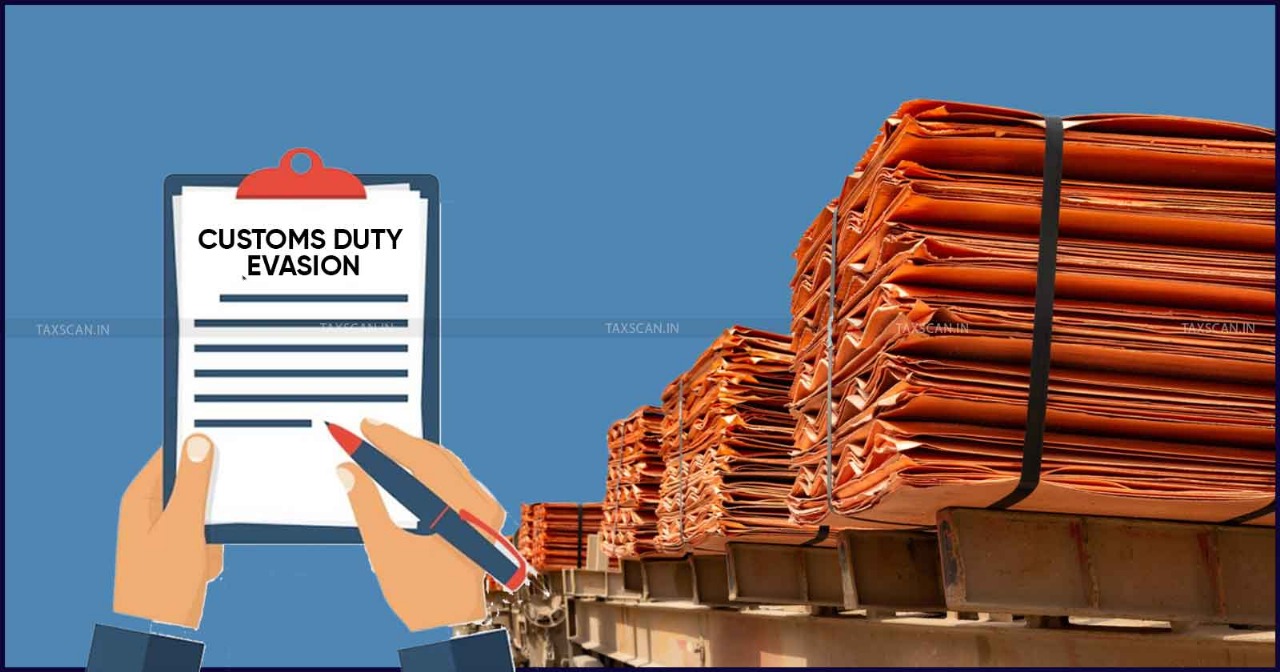Service Tax Demand Can Be Based on Broadcaster Data If Cable Operator Suppresses Facts: CESTAT [Read Order]
CESTAT holds that the department can rely on broadcaster data for service tax demand if a cable operator suppresses facts or fails to provide records.
![Service Tax Demand Can Be Based on Broadcaster Data If Cable Operator Suppresses Facts: CESTAT [Read Order] Service Tax Demand Can Be Based on Broadcaster Data If Cable Operator Suppresses Facts: CESTAT [Read Order]](https://images.taxscan.in/h-upload/2025/06/15/2044704-service-tax-demand-broadcaster-data-cable-operator-suppresses-facts-cestat-taxscan.webp)
The Mumbai Bench of the Customs, Excise, and Service Tax Appellate Tribunal (CESTAT) held that the department can rely on external broadcaster data to raise a service tax demand when a cable operator fails to furnish necessary records or suppresses facts.
S.C.V. Cable Net, a Multi System Operator (MSO) based in Tirupati, had entered into agreements with various TV broadcasters for the supply of encrypted signals, which were decoded and distributed to cable operators. The department initiated an investigation and issued a show cause notice in October 2009 after the assessee failed to respond to multiple summons or submit proper records. The department calculated the number of subscribers based on data obtained from broadcasters and raised a tax demand accordingly.
 Also Read:CESTAT Rules Service Tax Payable on Printing Charge: Exemption Under S.No. 30 of Notification 25/2012-ST Not Applicable [Read Order]
Also Read:CESTAT Rules Service Tax Payable on Printing Charge: Exemption Under S.No. 30 of Notification 25/2012-ST Not Applicable [Read Order]
The appellant challenged the tax demand because the department’s valuation was based on assumptions and not on actual income. The appellant’s counsel also claimed that the business was undergoing an ownership dispute, which prevented proper compliance, and sought the benefit of cum-tax valuation. They argued that service tax paid to broadcasters should be allowed as CENVAT credit and that income tax returns reflected actual turnover.
The department’s counsel argued that the appellant had suppressed facts and failed to cooperate with the investigation. They submitted that reliance on external data from broadcasters was justified in the absence of credible records from the assessee. It also pointed out that no valid documents were submitted in support of the CENVAT credit claim and that the income tax returns could not override service tax obligations determined through an independent investigation.
 Also Read:Massive Crackdown: Over 1,000 Copper Importers Receive Notices Over Alleged Customs Duty Evasion Under ASEAN Trade Pact
Also Read:Massive Crackdown: Over 1,000 Copper Importers Receive Notices Over Alleged Customs Duty Evasion Under ASEAN Trade Pact
The single-member bench comprising Anil G. Shakkarwar (Technical Member) observed that the appellant did not produce any reliable documentation to support its claims, despite ample opportunity. It also held that reliance on subscription agreements and data from broadcasters was a reasonable basis for estimating the number of cable connections and corresponding tax liability.
The tribunal rejected the cum-tax argument, stating that the declared income figures were inconsistent with the department’s findings. It also denied the claim for CENVAT credit as no proper invoices or supporting evidence had been furnished.
The tribunal ruled that the appellant had suppressed material facts and failed to discharge its tax liability, justifying the invocation of the extended limitation period. The appeal was dismissed, and the full tax demand, along with interest and penalties, was upheld.
Support our journalism by subscribing to Taxscan premium. Follow us on Telegram for quick updates


